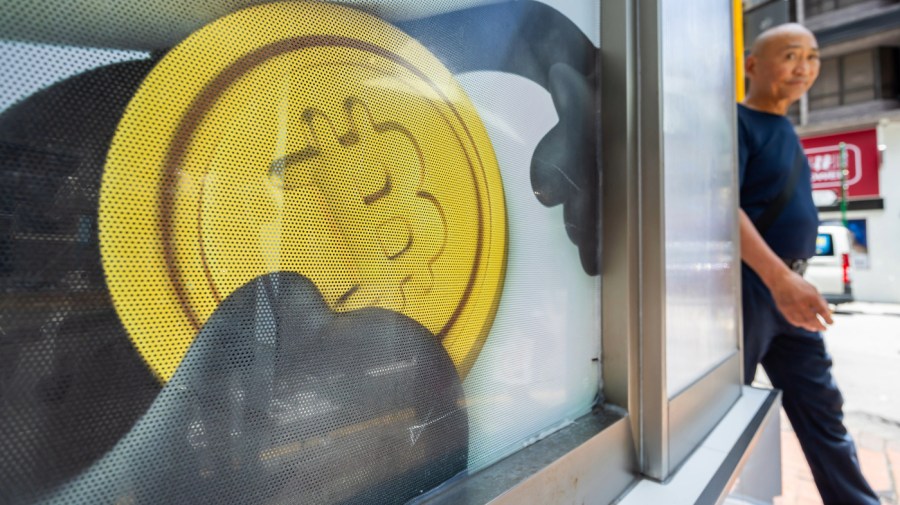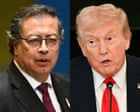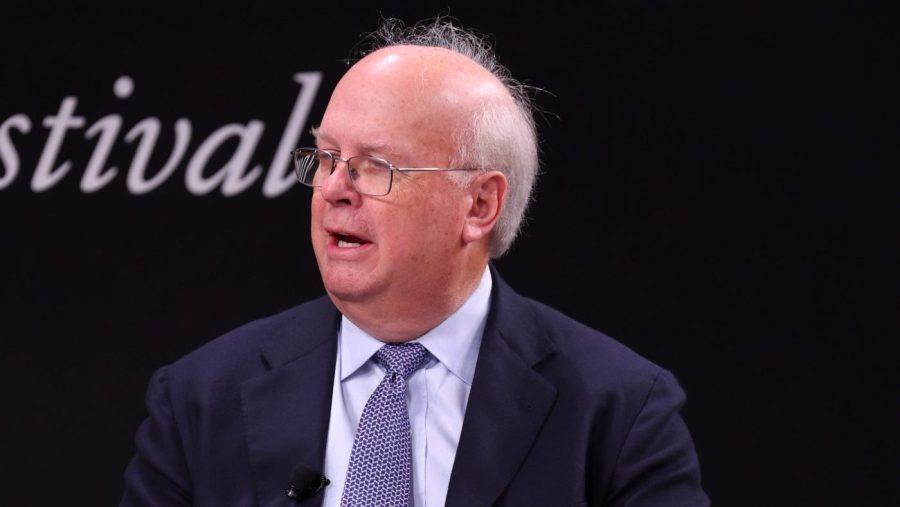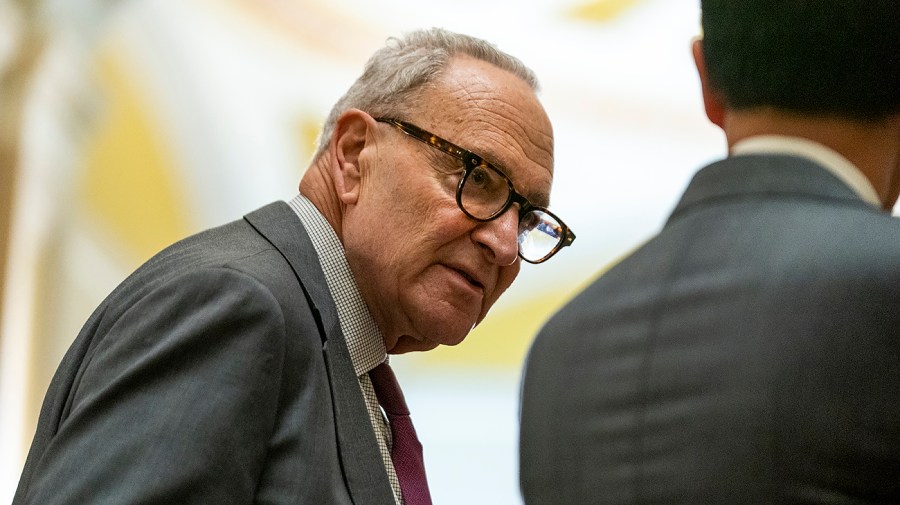Congress is finally taking action to regulate the digital asset marketplace. By the end of the month, the Senate is expected to begin marking up legislation that could shape the future of cryptocurrency in the U.S. Unfortunately, in their eagerness to throw together a legal framework, Congress has left the back door wide open to corruption.
Cryptocurrency is relatively new. But money, regulatory power and self-dealing are not. Our Founding Fathers were well aware of the risk posed to the nation when powerful financial regulators have a financial stake in the decisions they are making.
That is why, when the First Congress established the Treasury Department in 1789, lawmakers wrote strict prohibitions banning officials from “directly or indirectly” being personally “concerned or interested” in transactions involving U.S. debt obligations or other commercial and financial activities relating to the department’s business.
That principle — that regulators should not also be market participants — has guided American lawmaking for nearly 240 years.
When Congress created the Federal Reserve in 1913, it barred board members from holding positions or stock in any “bank, banking institution, or trust company.” In 1934, Congress prohibited members of the Securities and Exchange Commission from participating “directly or indirectly, in any stock-market operations.” And in 1974, Congress prohibited commissioners at the Commodity Futures Trading Commission from participating in “directly or indirectly, in any contract market operations.”
So why is Congress poised to abandon that tradition when it comes to crypto? The two primary bills under consideration, the CLARITY Act and the Responsible Financial Innovation Act of 2025, lack any mention of specific limits on key decision-makers participating in the cryptocurrency markets.
The answer is obvious: President Trump has become a key participant in the cryptocurrency market that his regulators are tasked with overseeing. From his newly launched Trump and Melania meme coins to his continued association with World Liberty Financial, Inc. and its stablecoin, the president’s entanglement is substantial and unprecedented.
Of course, this poses a clear risk of self-dealing. It also poses serious risks to a fair and competitive marketplace.
When the president of can put his thumb on the crypto scale, who will be willing or able to compete? With the resources of the executive branch behind him — including the until now unheard of ability to steer the policies of independent financial regulators — there is a real risk that Trump could shape digital asset policy to preserve and expand his financial holdings.
The result will be a marketplace skewed to the benefit of those in power, not a free market available to everyday Americans. And that is antithetical to the vision of cryptocurrency in the first place.
Satoshi Nakamoto’s original Bitcoin white paper in 2008 explains that traditional markets required trust in central actors, such as banks and financial institutions. Nakamoto’s solution was to create a form of currency that required no trust in central actors or government oversight at all.
Unfortunately, it has become all too clear that some form of government regulation of crypto markets is important to prevent the widespread cases of fraud and market failures we’ve seen in the past decade. But that doesn’t mean we need to forget the problem Nakamoto was attempting to solve: a system that could be abused by central actors, including government regulators.
If we have central actors, we should, at the very least, expect them to act with clean hands. Allowing public officials, like the president, to have a financial stake in the very markets they are overseeing creates a serious risk that they will distort the cryptocurrency market in their own favor to the potential harm of everyday Americans.
Luckily, there are three simple steps Congress can take to protect the cryptocurrency marketplace from regulatory corruption.
First, it should ban the president and other high-level officials from issuing, owning, or trading digital assets. Second, Congress should require all senior officials to publicly disclose any digital asset transactions and holdings. Finally, Congress should give independent ethics bodies the tools necessary to ensure compliance with ethics rules and impose meaningful sanctions.
Restrictions like these are common sense. Congress certainly thought so when it passed the Treasury Act in 1789, the Securities Exchange Act in 1934 and the Commodities Futures Trading Commission Act in 1974. These proposals also honor the original philosophy of Nakamoto and the other cryptocurrency founders, a philosophy that is skeptical of centralized authority and the abuses it can bring.
As Congress turns to the imperative task of writing legislation that will ensure a fair and equitable digital asset marketplace, it must both remember the lessons of the past and respect the ethos of the future.
The time has come to prevent high-level officials, like the president, from engaging in self-dealing and conflicts of interest in the crypto market, not only to protect the integrity of today’s marketplace, but to ensure the future of our economy.
Virginia Canter is the chief counsel of ethics and anticorruption at Democracy Defenders Fund and Chris Swartz is senior ethics counsel at Democracy Defenders Fund.














